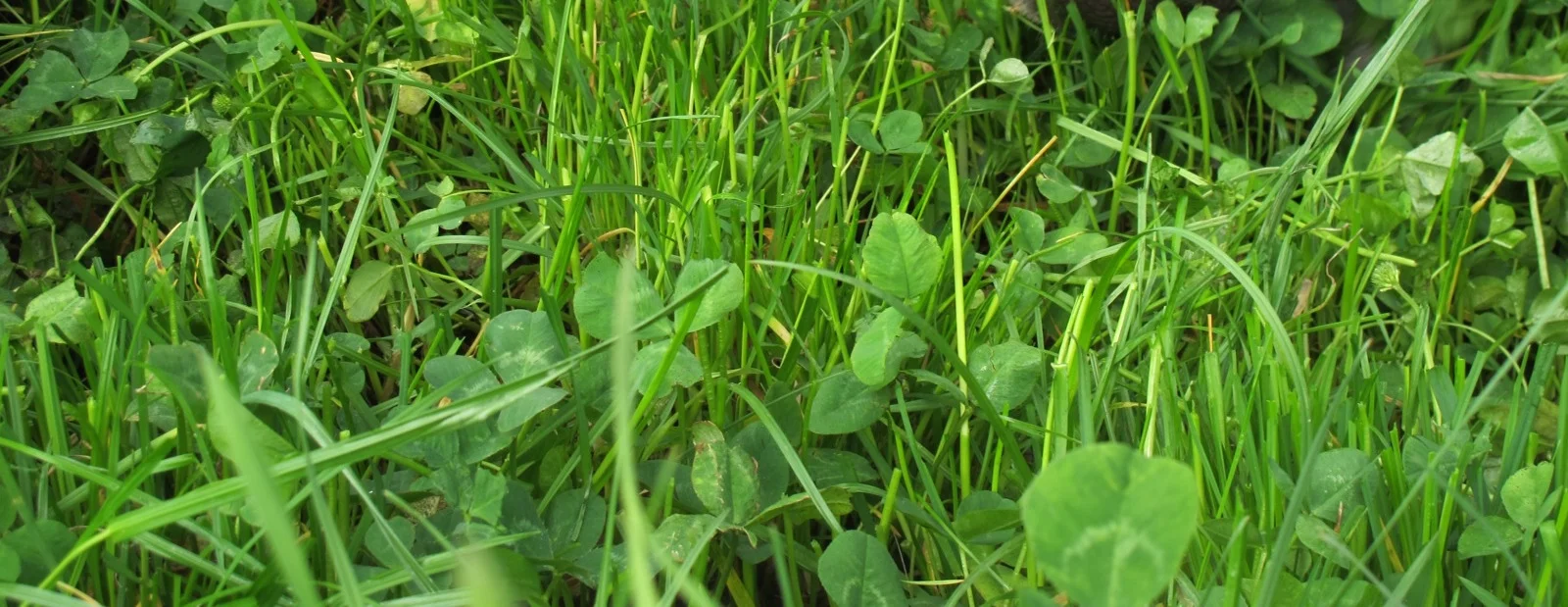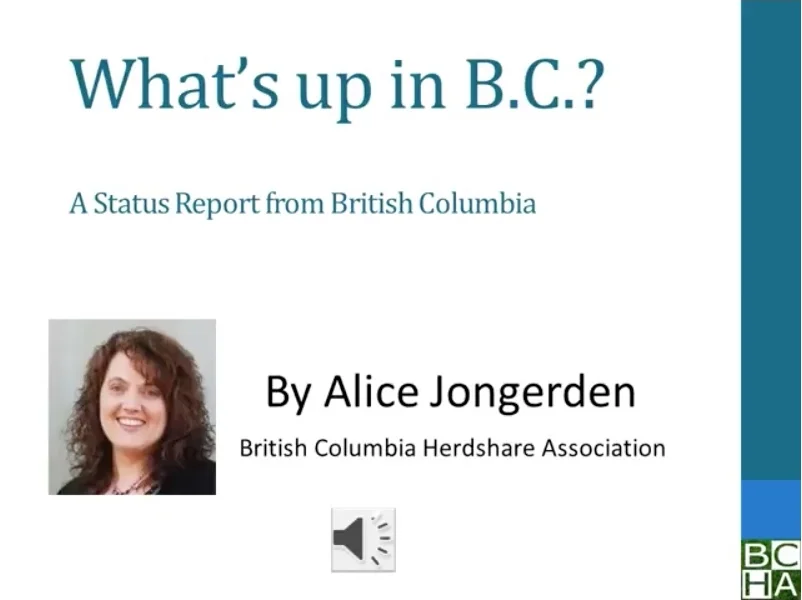Something amazing and very significant for the international raw milk community is happening in Canada. These people are an inspiration. They are building a case showing that it is possible to produce high quality, pathogen-free fresh milk similar to what the Raw Milk Institute (RAWMI) in California have done and continue to do.
The participant farms test for Total Coliforms, Standard Plate Count , E.Coli O157:H7, Listeria Monocytogenes, Salmonella and Campylobacter. The results show that this particular methodology is using the knowledge and technology at disposal with success. No food is 100% safe but raw milk can be produced as a low-risk food.
The B.C. Fresh Milk (BCFM) Project
Current active participants: 4 farms (3 cowshares, 1 goatshare)
Milk samples tested so far: 106
Milk samples testing positive for pathogens: 0
Canadian government bans raw milk on the assumption that it is invariably “dangerous.” They base policy decisions on expert opinions such as one stating that 4% of raw milk contains pathogens. But is this true? For example, this 4% figure is based on a 1997 study of commercial bulk tank milk, but is raw milk produced by factory farms for pasteurization the same as fresh milk produced by artisan, grass-fed, micro-dairy herdshares and RAWMI-trained agisters?
Governments want evidence that legalization won’t result in more food-borne disease outbreaks. As mentioned in the BCHA newsletter, BCHA has been gathering milk sample test results to show how raw milk can be safely produced, as well as:
- How do different milking procedures (e.g. udder preparation, milk cooling, equipment cleaning) and on-farm food safety systems such as RAWMI training affect milk quality?
- How can legalization be done such that it’s affordable for herdshare of all sizes? Onerous laws mandating expensive requirements which farms can’t afford will drive them out of business or underground.
British Colombia Herdshare Association invite all herdshares farms in B.C. to participate in this project. Mentoring from RAWMI-trained agisters is
available to all participants. Test results are posted on this website with each farm given a 3-digit code in order to provide confidentiality. See also the complete data-set (Google spreadsheet) and original individual test result PDFs from the lab. For more information about the project, see : http://tinyurl.com/bcfm-project
It is common for jurisdictions where raw milk is legal to have somewhat different standards for bacterial testing of milk samples in place. For examples see the Bacterial Testing Standards page.
It is exciting to see that even the original test results are made available to view here. This may help members of the public with no understanding of the testing regimes that their milk undergo, to have a better picture of the different systems and what world best practise looks like.
BCHA will also soon be doing a crowdfunding campaign to fund this project further. Click here to see the original BCFM project page.
We congratulate BCHA, the participating farms and the shareholders for their dedication. Thank you for making this data available for everyone to look at online. We appreciate being able to study your work.
The current climate
In British Colombia unpasteurised milk is defined as being a "health hazard" and to cause a health hazard is punishable by a maximum of a $3M fine or three years in jail. (Raw milk for human consumption is illegal in only three countries: Australia, Canada and Scotland). According to this webpage there doesn't seem to be any evidence, public consultation or documentation supporting the original passage of this law in 1988. It was just signed into law one day. The current climate has created a "blackmarket" and supports a climate of fear in both farmers and consumers. The province currently has a large and growing herdshare community that is able to obtain raw milk based on the property rights of livestock owners, learn more about their legal rights here. According to a recent tweet there are at least 80 micro dairy herd share farms in B.C.; typically milking from 3 to 6 cows or 10 to 20 goats. The largest herd share farm in B.C. milks 12 grass-fed Jerseys.
All G8 nations have legal raw milk, except Canada. 43 out of 50 American states allow raw milk distribution in some form, see the Raw Milk Nation Map here. In the American state of Washington south of B.C. there are over 100 grocery stores and 39+ licensed farms selling retail raw milk from cows, goats and sheep. See the example Dungeness Valley Creamery who have been selling certified raw milk for more than 11 years.
All 13 American states bordering Canada allow raw milk access, with Montana being the most recent. Five of these bordering states allow retail sale of raw milk: Washington, Idaho, Pennsylvania, New Hampshire and Maine.
The video below provides a more in depth look at the situation in Canada and more specifically, in B.C.
Serving the community
The British Columbia Herdshare Association is a non-profit society serving the herdshare community of British Colombia (Canada's westernmost province) through providing support, education, and advocacy. They provide training as a free service based on the the standards of the Raw Milk Institute (RAWMI) in the U.S.A. They teach farmers the necessity for testing coliforms, and having Standard Sanitary Operating Procedures (SSOP), Risk Assessment and Management Plan (RAMP) etc. in place. Instructor Alice Jongerden is a RAWMI-trained peer mentor. To learn more, click here: Grass-to-Glass raw milk training.
The association has launched an amazing project documenting that it is possible to produce pathogen-free raw milk. Pathogens are microbes that can be harmful to human health like Salmonella, Campylobacter, Listeria Monocytogenes and E.coli STEC.
"We have a political problem. We do not have a food safety problem. We have a fear problem. We do not have a reality problem." - Mark McAfee
Video: Mark McAfee founder of the Raw Milk Institute spoke about raw milk at this B.C. Herdshare evnt. This video is the thirty minute edited version, the longer 2 hours version can be found here. It was recorded in September 2014 at the University of Victoria. Video by saanichreport.
Video: This is a presentation that was originally scheduled to be given by a volunteer, Alice Jongerden, via teleconferencing at a raw milk conference at the University Of Guelph in 2016, but her talk was cancelled on the day it was to be presented, due to last minute technical difficulties.
This presentation summarizes the laws in B.C. which impact herdshares and the work which the B.C. Herdshare Association is doing on behalf of the meat and dairy herdshare agricultural sector to modernize those laws.
A March 2016 status report on the B.C. Herdshare Association and our progress with government lobbying to legalize herdsharing in B.C. For more information, visit the B.C. Herdshare Association website at http://www.bcherdshare.org.
The growth in the number of licensed #rawmilk farms in Maine - now more than 70. If BC had a proportional number, for its population, we would have 264. pic.twitter.com/POXwSKVnR6
— BC Herdshare Assn. (@BCHerdshare) December 28, 2017




